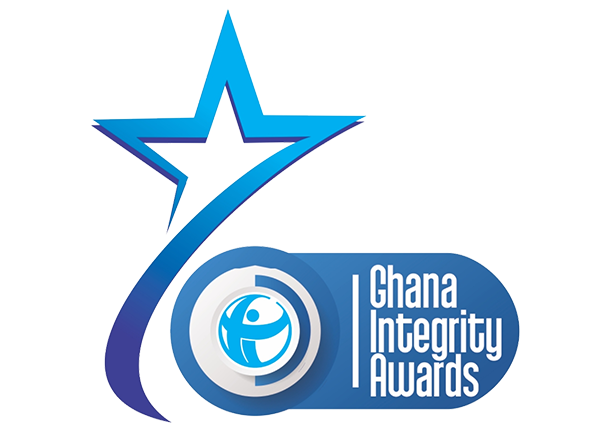Awards Categories
1. Policy & Administrative Reforms Category
A strong and enduring institution is one that periodically reforms its legal systems, financial management guidelines, strengthens its internal auditing and other processes that block leakages. Policy and Administrative reforms are vital steps towards the fight against corruption.
The policy and administrative reform category looks for an innovative reform agenda/policy/project initiated by public institutions as an anti-corruption measure.
These include implementing minimum standards and guidelines for ethical procurement, building strong procurement practices, continuous training of staff on guidelines, investing in monitoring & research, adoption of integrity codes, and many others.
2. Transparency & Social Accountability Category
A successful strategy for curbing corruption is instilling a culture of openness, transparency, and access to information in public institutions. Access to information increases the responsiveness of public institutions while simultaneously having a positive effect on the levels of public participation in a country.
Also strengthening stakeholders/citizens' demand for transparency and empowering them to hold governments accountable is a sustainable approach that helps build mutual trust between citizens and governments.
The category honours public institutions that have adopted open contracting practices, proactively and timeously making financial information available for public access, demonstrated transparency in the procurement process, taken steps to implement the RTI law, and using other transparency methods.
It also honours initiatives by public institutions that empower their stakeholders and the general public to demand transparency and accountability for example through the publication of information about projects, participatory budgeting etc.
3. Efficient Public Service Delivery Category
The provision of public goods and services is one of the main touch-points for corruption. Improving the processes of service delivery and customer service support in public institutions is a major tool for reducing cases of bribery and other corrupt acts.
This category seeks to award public institutions that invest in sustainable improvement of how services are delivered to the general public and their stakeholders.
In this regard, the GIAWARDS seeks innovative projects that cut red tapes, complex bureaucracy, ensure timely delivery of the institution’s services, excellent customer service, deploys the best global practices, mainstream inclusiveness, etc.
4. Effective Internal Control Enforcement Category
With yearly increases in the amounts involved in infractions as reported by the Auditor General, questions have been asked as to the effectiveness of Internal control measures and their enforcement within covered entities in Ghana.
If internal controls are supposed to serve as the first line of defense in corruption and violations of laws and regulations then why the increases in infractions and judgment debts?
This category, therefore, aims at recognising a public institution that is playing the gatekeeping role and providing an objective assurance of systematic and discipline enforcement of compliance of laws, regulations and provisions of contracts and agreement
5. Business Integrity Category
Upholding a high ethical standard of behaviour towards all the stakeholders who operate within the business eco-system is a prerequisite to business integrity.
To be eligible, a private sector organisation, in addition to having a reputation for integrity,
must have demonstrated and sustained a track record of initiatives relating to the promotion of code of ethics and conduct in business,
procedures for reporting irregularities at the workplace and those for solving conflicts of interests, mechanisms for protecting the integrity of whistle-blowers,
procedures for declaring and assessing gifts as well as internal control procedures to ensure good ethics and integrity in business operations.
GIAWARDS will require that applications contain evidence of the implementation of mechanisms for promoting integrity and anti-corruption standards in business. Hence, companies will present their own Code of Ethics and Conduct in Business, the procedures for reporting irregularities at the workplace and those for solving conflicts of interest, the mechanisms for protecting integrity of whistle-blowers, as well as internal control procedures.
6. Integrity Personality of the Year
Ghana is said to be well endowed with resources to guarantee exponential alleviation from poverty. Sadly, the reality does not seem consistent with what has been documented as the nation’s wealth.
The gap as being argued is the integrity deficit that exists among individuals irrespective of the positions they occupy hence recognising an individual who has demonstrated integrity in rendering public service is key to strengthening the value and integrity systems of the country.
The Integrity Personality of the year award category recognizes an individual who has demonstrated courage and determination to fight against corruption in Ghana within the calendar year of the awards. It also recognises an individual who has demonstrated integrity in rendering services to the public.
This award category is open to the general public to nominate and vote for their integrity hero of the year.
